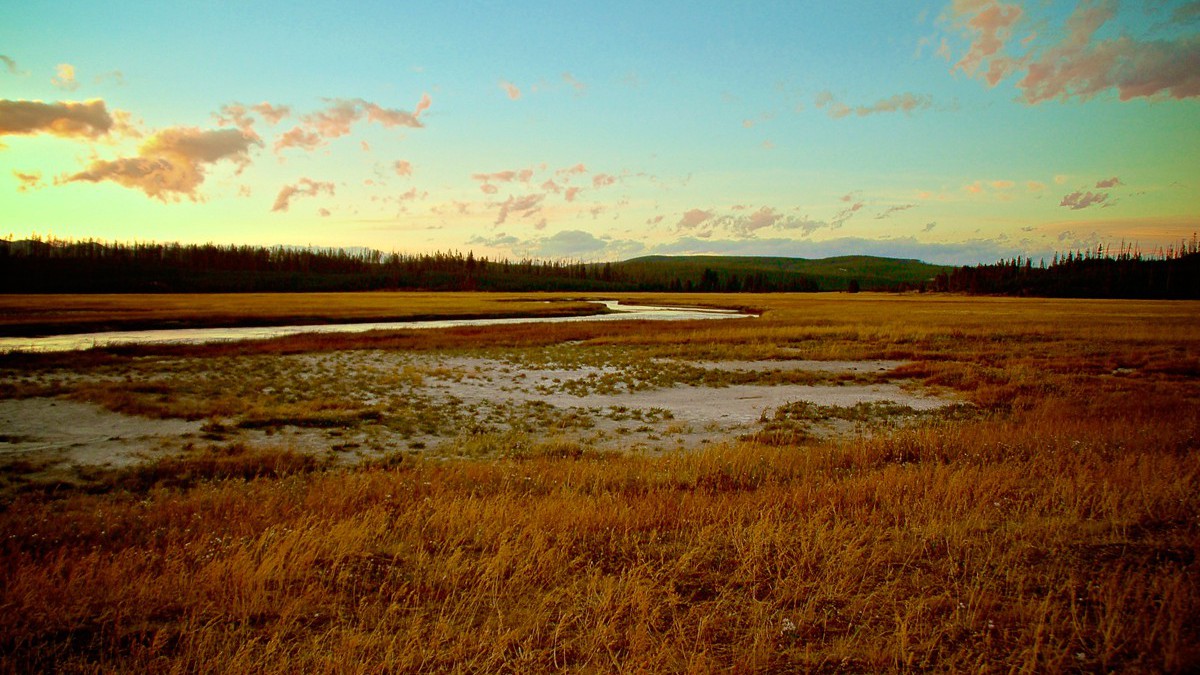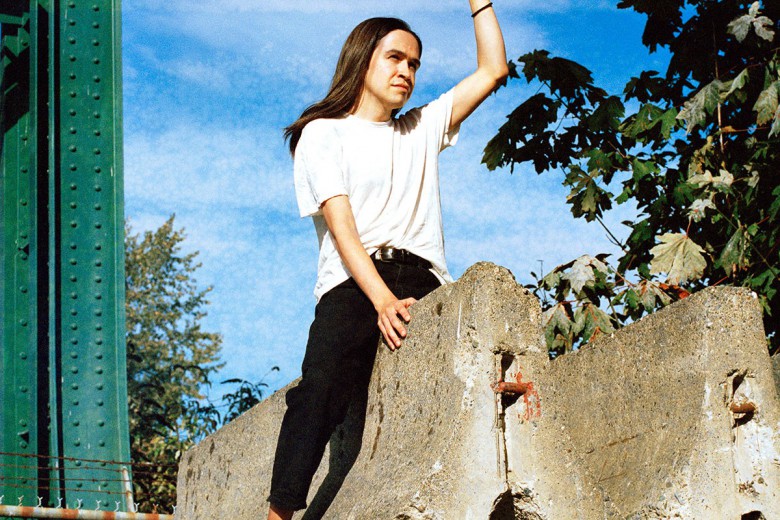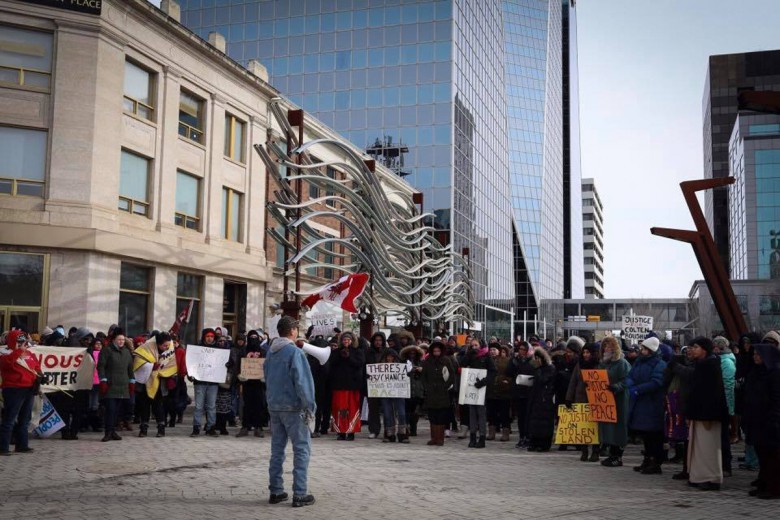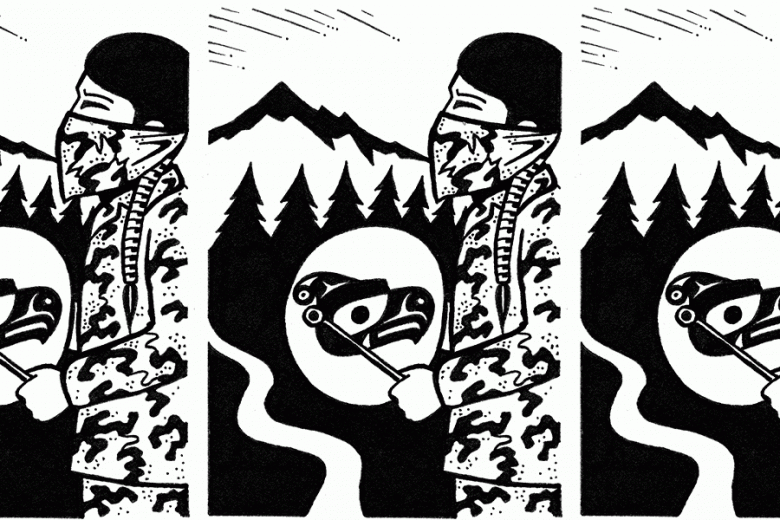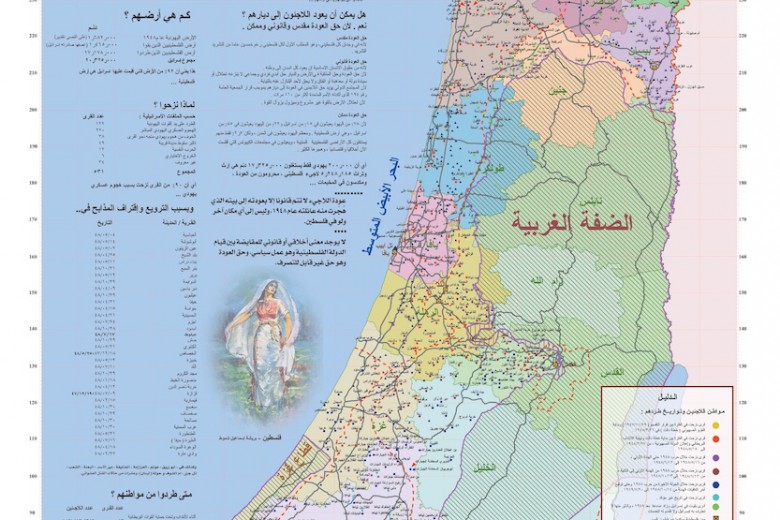It’s impossible to talk about the Prairies without talking about settler colonialism. All the images that the Prairies conjure – wheat fields combed through by combines, the imposing grey slick of Alberta’s tarsands, a vast and empty plain – are based on the invisibilization and extermination of the region’s original Indigenous inhabitants.
The emptiness of the Prairies is a fallacy, but it’s an important one to note, because it serves as a tool to legitimize the Canadian state’s drive for colonial expansion. If, according to myth, Indigenous peoples have never had a right to the land, and have simply been vanishing since first contact, then modern forms of Indigenous erasure (like suicides, or murdered and missing women) are just business as usual. The lands are open to be stripped, polluted, and piped away to serve the ends of industrial capitalism.
I moved to Regina, Briarpatch’s hometown on Treaty 4 territory, two months ago from Toronto, to be the new editor. My education in Prairie racism was swift and unvarnished. The week I arrived in Saskatchewan, Gerald Stanley was found not guilty of all charges related to his killing of Colten Boushie, a Nêhiyaw (Cree) man.
Regina is a mere four hours from where Stanley’s trial took place. My first month in the city was one of vigils and rallies and round dances. I found myself mourning alongside great groups of people, shouting “Justice for Colten,” and then barely two weeks later, “Justice for Tina.” I was reminded of the Canadian state’s old methods of eradication: biological warfare, slavery, and cultural genocide. I became familiar with its new technologies of disappearance: Child and Family Services, cops, and jails that over-apprehend, over-police, and over-incarcerate Indigenous people. A white farmer shooting a young Indigenous man in the head at point-blank range. Racialized poverty, polluting water sources, dispossession of lands, gentrification.
The fact that we still imagine the Prairies as empty today – hundreds of years after the start of European settlement – is evidence that the colonial project continues apace, and that it relies as much as ever on settlers’ belief in terra nullius (“nobody’s land”). The stories in this issue examine the long arc of anti-capitalist, anti-colonial struggle on the Prairies, and remind us that the Prairies have never been empty – they’ve always been teeming with community and resistance.
In this issue, Carol Rose Daniels writes about healing from the ’60s Scoop, when thousands of Indigenous children – a huge number from Prairie communities – were taken from their families and placed in white foster homes. James Wilt reports on Rooster Town’s anti-colonial resistance to clear-cutting and suburban development in south Winnipeg, and the lawsuit the alleged participants are now facing.
We presently face a rising tide of conservatism on the Prairies – manifested in violent anti-Indigenous racism, vicious austerity budgets like the one released by the Saskatchewan government in 2017, and climate change denial that capitulates to the fossil fuel industry. Like David Camfield says in his Parting Shot, it must be met with a coordinated, broad front of resistance from the Prairie left. As I write, camps remain standing in front of government buildings in Regina, Winnipeg, Calgary, and Toronto, fighting for the Indigenous youth who have been murdered, gone missing, or been neglected at the hands of the state.
I’m uncertain how our future will unfurl under this endless Prairie sky. It may involve socializing and managing the decline of Saskatchewan’s oil industry and returning the land to Indigenous peoples, as Emily Eaton and David Gray-Donald write in their cover story. Or it could be the intensification of neoliberal policies of extraction, or our provinces tipping over the edge of the opioid crisis, as Joseph Laforest and Nicholas Olson write in their book reviews. I am certain that the history of the Prairies, and these present struggles, call on me – and on all Prairie settlers – to be an accomplice to anti-colonial struggles in ways that are challenging and fruitful.
Note: This issue came together thanks to the work and patient mentorship of Tanya Andrusieckzo, Briarpatch’s outgoing editor. We can’t wait to see what kind of rabble she rouses in her new position as acquisitions editor at Fernwood Publishing in Winnipeg.


